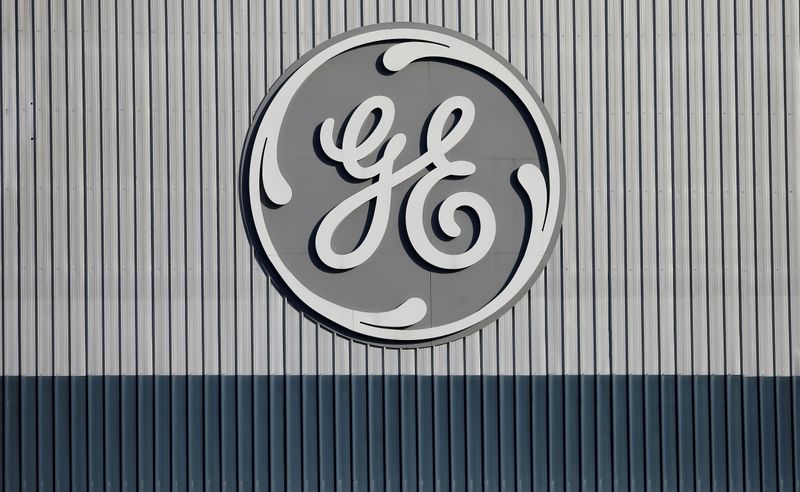By Rachit Vats
(Reuters) - The collapse of global air travel has stopped General Electric Co's (N:GE) turnaround plan in its tracks and the company will have to convince investors on Wednesday that it is on course to reduce cash burn through the rest of 2020.
The manufacturing icon has predicted a cash outflow of between $3.5 billion and $4.5 billion for the second quarter, following a $2.2 billion outflow in the first quarter, as the crisis halts orders and deliveries for clients across the aviation business.
Chief Executive Officer Larry Culp said in May the company would do better in the second half of 2020 while admitting that for the full year it would be in negative territory on cashflow.
If GE does not stop haemorrhaging in the next two quarters, however, Wall Street analysts will be forced to revise their current estimate of an outflow of $2.5 billion for the year to a far bigger number.
GE's ability to generate cash has been one of its strengths historically and particularly for manufacturers is viewed as a good indicator of a company's performance and ability to grow its business.
"COVID-19 overnight stalled GE's turnaround," said Nicholas Heymann, industrial analyst at brokers William Blair.
"It's not a sinking boat but it is sitting dead in the water. (The) job for the rest of the year is to get it out of the water."
The pandemic has brought global travel to a virtual halt and execerbated troubles for a once high-flying aviation unit that was already struggling with the grounding of Boeing (NYSE:BA)'s 737 MAX planes, for which it provides engines.
Added to that, several large U.S. power plants with banks of GE generators are halting or deferring maintenance due to quarantines and lockdowns, threatening to squeeze revenue that the company was counting on to help lift profits.
Together, aviation and power normally make up the bulk of GE's quarterly revenue.
"Larry said a year ago he is managing the company for free cash flow," said RBC Capital Markets Deane Dray, who forecasts free cash flow at a negative $3.8 billion for the quarter.
"(For the market) it all depends on how well GE performs within their own FCF guidance and what is the explanation of the variances."
Healthcare is the only bright spot currently, with demand for ventilators, X-ray machines and other equipment expected to boost profit.
Wolfe Research analyst Nigel Coe expects the aviation business to lose $200 million to $300 million in the second-quarter.

"Given the nature of GE's business, FCF is normally very strong in the second-half of the year and we will be looking for confidence if that's still the case," Coe said.